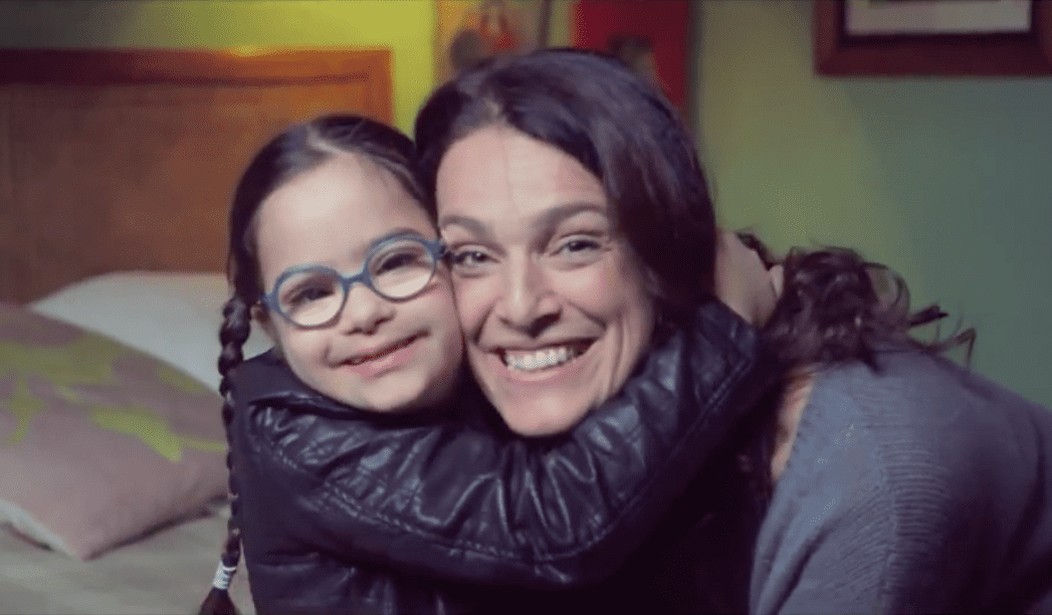Last month, a French court upheld a 2014 ban on a television ad showing smiling Down syndrome children because it might disturb the consciences of women who chose to abort their children with Down syndrome. No, I’m not making this up.
In 2014, the Italian Down syndrome advocacy organization CoorDown produced the video “Dear Future Mom” for World Down Syndrome Day (March 21). The video addressed the fears of mothers pregnant with Down syndrome children, showing that despite the disease, children could still be happy and bring joy to those around them, especially their mothers. It is a moving award-winning video, and it has gone viral online.
The video is important because prenatal genetic testing allows pregnant women to learn whether their unborn babies have conditions like Down syndrome. Many choose to abort their babies if they have this congenital condition, since it causes mental disability and physical abnormalities, like low muscle tone, flatness of the back of the head, and an upward slant in the eyes.
The Conseil d’État, France’s State Council, rejected an appeal to reverse a ban on the film by the Conseil Supérieur de l’Audiovisuel (CSA). The Conseil d’État called the video “inappropriate” because smiling kids with Down syndrome are “likely to disturb the conscience of women who had lawfully made different personal decisions.”
Let me get this straight: A video with 7.5 million views on YouTube that has received multiple international awards (including 6 Cannes Lions at the Cannes Festival of Creativity in France) is banned because it might disturb some people. Abortion is legal in France, but using television ads to save the lives of unborn disabled people isn’t.
France’s court has decided that women don’t just have the right to get an abortion — they have a right to be spared from guilt if they do so. Abortion is so important that when French mothers choose to kill their unborn babies because of this defect, they need to be sheltered from ever learning that a child with Down syndrome can have anything resembling a full life.
This enforced liberal sheltering echoes the “safe space” mentality at college campuses today. According to some, colleges need to provide “safe spaces,” where people will not be exposed to ideas or words which might offend them. Oftentimes, another person might say something not intended to be offensive, but taken that way by a student — this is called a “microaggression.” Yes, once again, I am not making this up.
After the Conseil d’État’s decision, the Global Alliance for Disability in Media and Entertainment (GADIM) launched a petition on Change.org to “STOP CENSORSHIP OF ‘DEAR FUTURE MOM’ VIDEO IN FRANCE.” The petition has already garnered more than 5,000 signatures.
“No other country has taken the position of France,” the petition argues. It points out the acclaim, media coverage, and attention “Dear Future Mom” has received, even noting that in Australia, “the video has been used in some universities to provide medical students with information about life with Down syndrome.” The video has also been translated into other languages and shown across the world.
“The discriminatory ban of the video sends the message that people with Down syndrome are unwelcome in society,” the petition adds. The GADIM and CoorDown joined up to ask the French government to “intervene to lift the ban.”
Mothers — in France and everywhere else — need to know that having a child with Down syndrome is not the end of the world, but the beginning of a new one.
Watch the video on the next page.








Join the conversation as a VIP Member